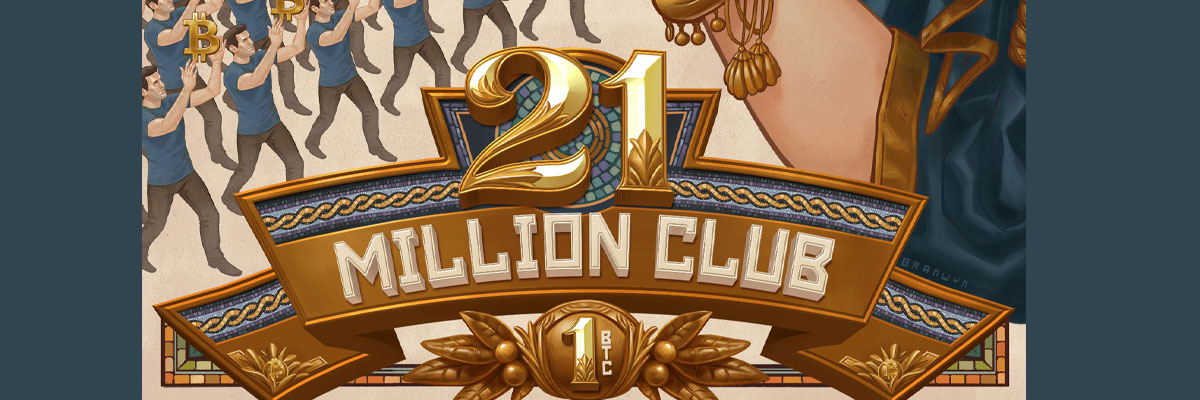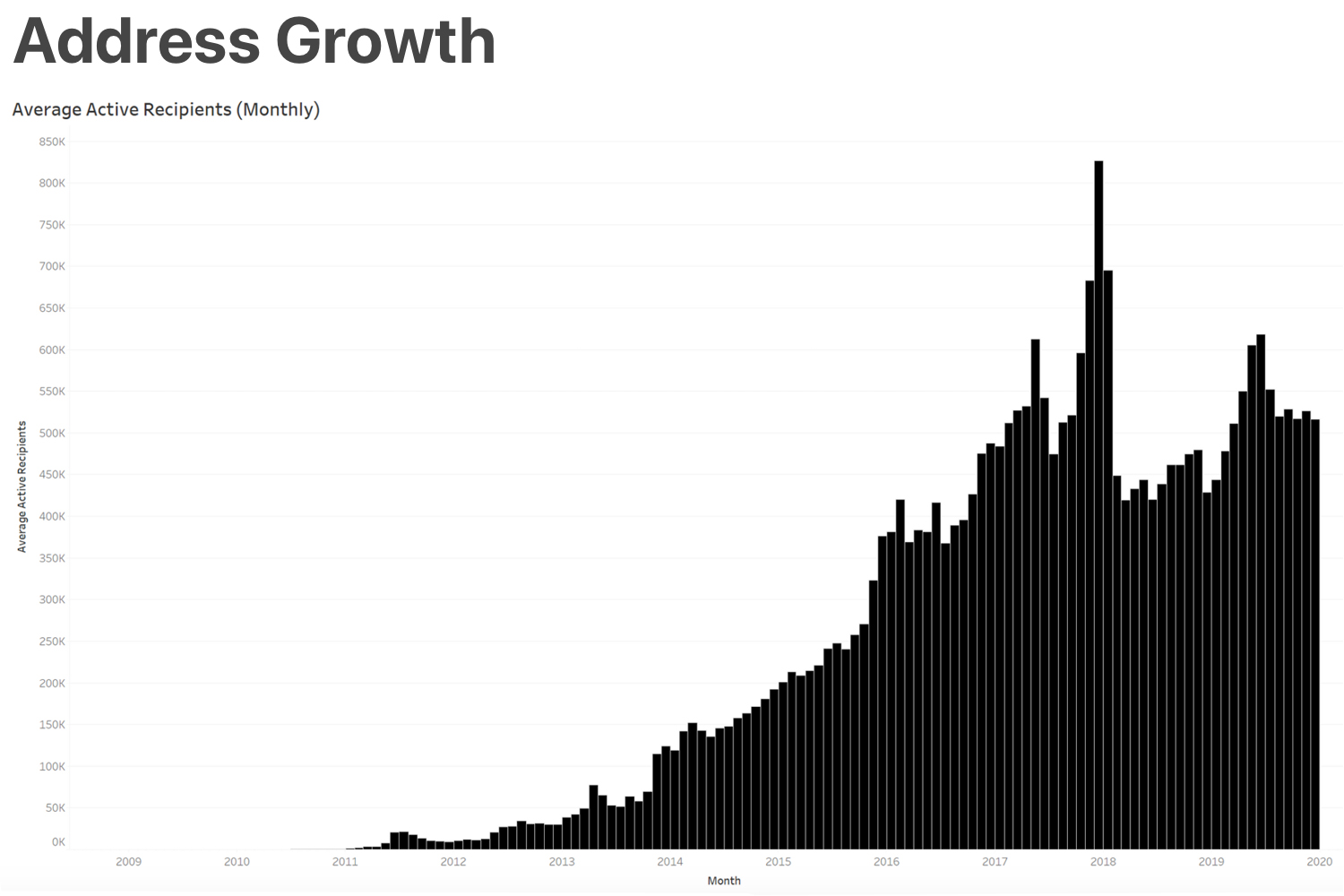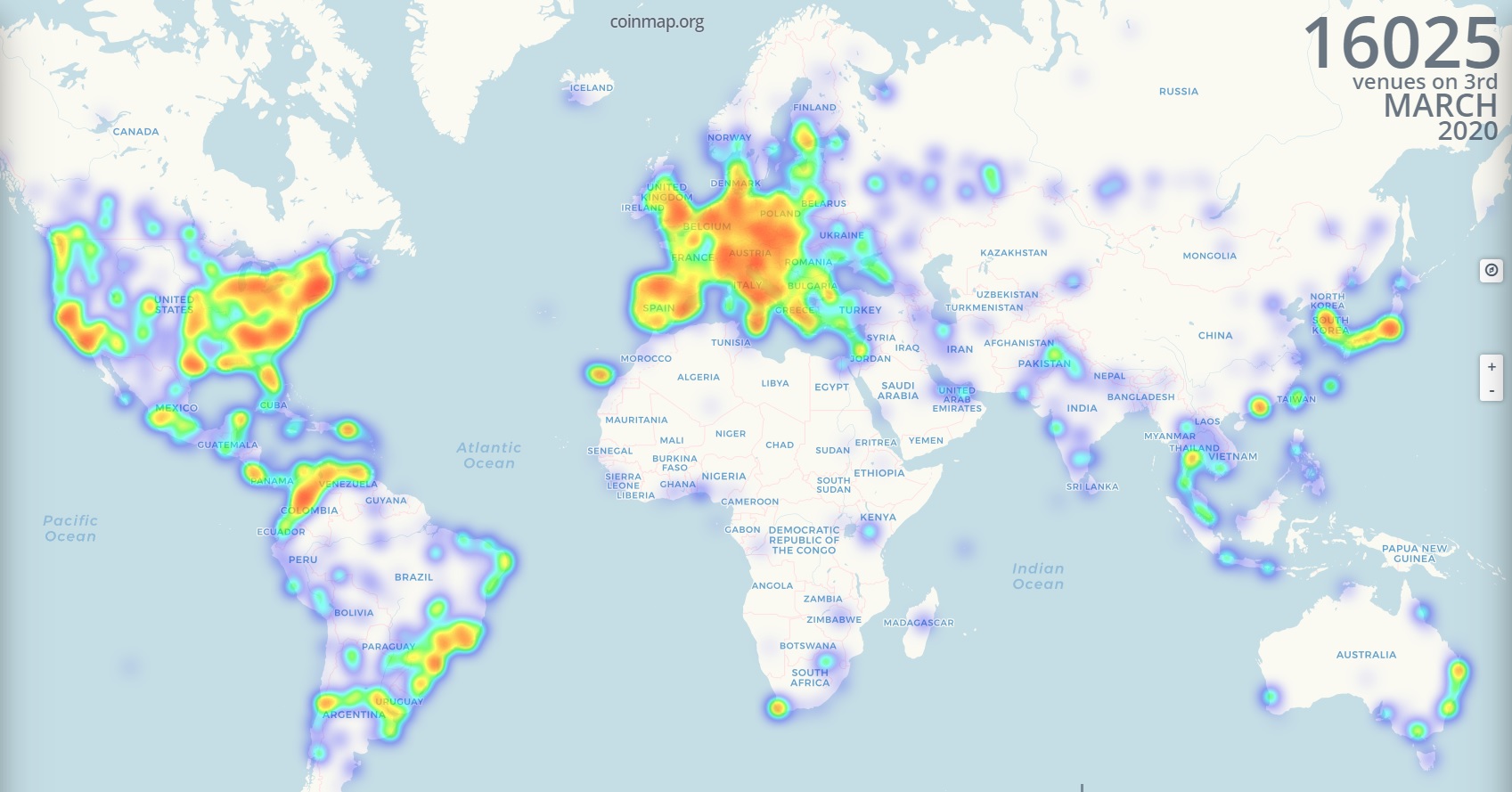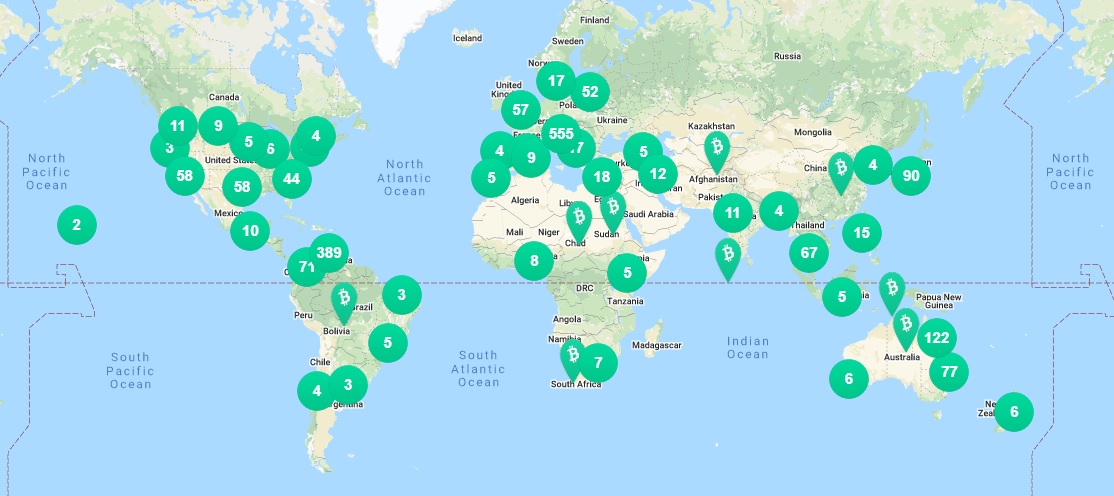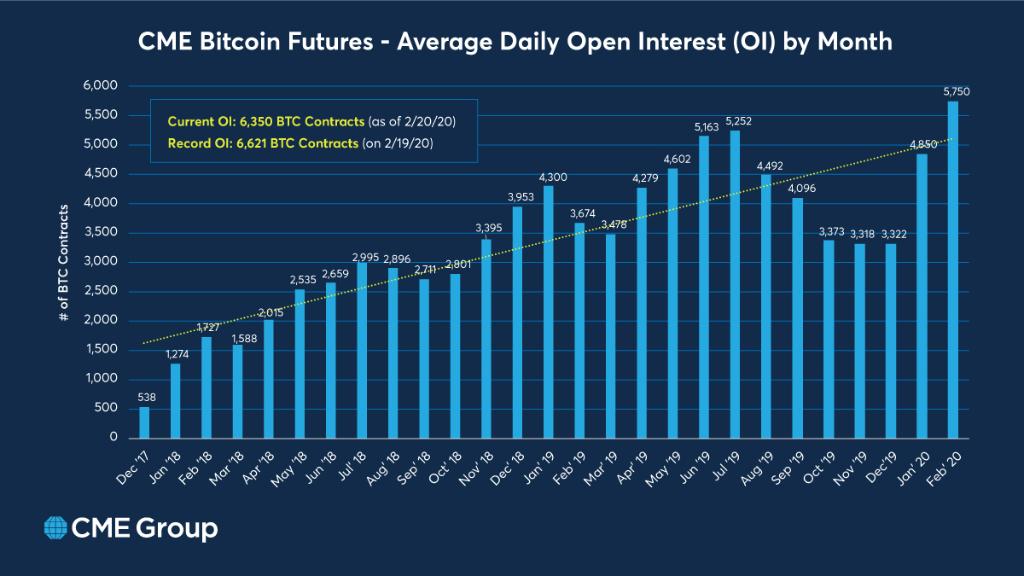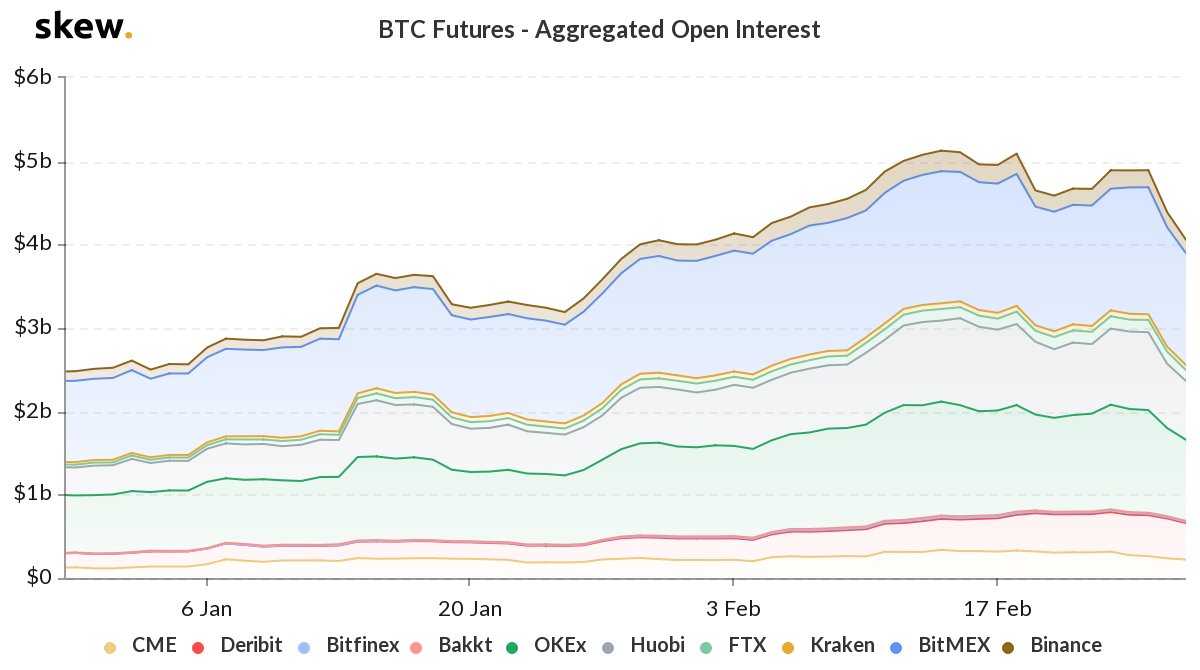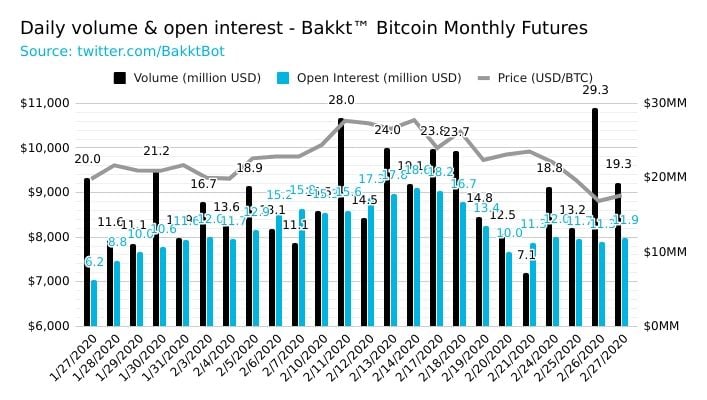
Crypto Twitter (CT) might not be the first place you’d think to look for pandemic survival strategies, but in recent weeks the community has gone into overdrive, busily discussing scenarios related to COVID-19 aka the coronavirus. While some figures have merely wondered what effect the outbreak will have on the bitcoin market, others have started comparing prep notes in anticipation of doomsday.
Also Read: Bitcoin and Doomsday Preppers – Would Crypto Have Any Survival Value If SHTF?
Crypto Twitter: Corona Takeover
Messari founder Ryan Selkis was one of the first major figures from CT to get under the hood of this thing: on February 10 he expanded Messari’s daily newsletter to include the latest coronavirus developments. Mentioning that he had prepared a “what if” disaster plan complete with supplies, travel protocol, and even Messari policy changes, Selkis linked readers to a shared gdoc which summarized the outbreak, provided historical background and real-time updates, and was chock full of hyperlinks for further reading. A Twitter list of “the people I’m following most closely for new developments and studies of the virus” was also created.
Of course, crypto was referenced in passing, with Selkis noting that the potential pandemic “will tell us quite a bit about how bitcoin and crypto ecosystems respond to disruptive macro events at this type of scale.”
Since the newsletter was published, various figures from the cryptosphere have weighed in. U.S.-based exchange Kraken revealed that it had a “global collapse and pandemic survival strategy in place since our founding in 2011” while touting its “remote-first, decentralized team of 800+.”

Binance founder and CEO Changpeng Zhao, meanwhile, announced that the platform had donated 10 million RMB worth of medical supplies via its Charity Foundation: the fund paid for everything from nitrile gloves and masks to disinfection liquid, protective suits and oxygen machines.
The most interesting stuff, at least for fans of The Walking Dead, has been conversations centered on prepping: disaster-management scenarios covering short, mid and long-term lockdowns. It’s probably to be expected: at the time of writing there are over 83,000 cases of Coronavirus across dozens of countries, and just under 3,000 deaths.
Survival kits are doing a roaring trade right about now, and one website – theprepared.com – has been suffering periodic outages due to surging traffic. The site contains a lengthy guide for people keen to protect themselves in the worst case scenario which advises readers to “stock up on commonly used medications” and “prepare for the inevitable stomach problems that will arise from eating your shelter-in-place food by buying Imodium AD and similar products.” There are also daily updates and developments, with a survivalist slant, in their blog.

How Prepping Aligns With Crypto Philosophy
Although they are often treated with derision, preppers only seek to immunize themselves, insofar as is possible, against future disaster. Instability isn’t some illusory mirage on the horizon, it’s already here – manifested by market movements and troubling real-time maps enumerating the infected – and if the virus spreads globally, those who have at least countenanced the notion will be better placed to survive than those who’ve buried their heads in the sand.
In any case, there is much ideological common ground between preparedness advocates and crypto enthusiasts, with the former much more likely to hold gold, precious metals and bitcoin in recognition of the continued devaluation of the dollar. After all, these assets can’t be co-opted by desperate governments or, like paper money, burned to generate heat in a post-apocalyptic wasteland. Moreover, it’s easy to see the ideological equivalence between concepts of economic sovereignty and self-sovereignty as it pertains to the most precious commodity of all: life itself.
Going viral
What if this coronavirus is the pandemic that public health people have been warning about for years?
It would accelerate many pre-existing trends.
– border closures
– nationalism
– social isolation
– preppers
– remote work
– face masks
– distrust in governments— Balaji S. Srinivasan (@balajis) January 30, 2020
As for the disproportionately high number of flexible remote-working posts advertised in the crypto industry, perhaps that’s just a happy coincidence rather than a widespread fear of virus-spreading from handshakes. That said, the borderless nature of work in the cryptoconomy – with project teams spread throughout the world and a preponderance of virtual conferences – should mean, if not business as usual, then more stability in the face of corona-related disruption.

A recent survey over 1,500 people on CT sought to determine why the coronavirus was the subject of such intense discussion among the fintech community. Responses to Coindesk contributor Nathaniel Whittemore suggested a combination of “sky is falling” sentiments, macro hedging and belief in BTC as a safe haven. Stephen Palley, an advisor at The Block, tossed in his two cents, opining that “one strand of crypto fundamentalism embraces virus doom prepperism b/c it correlates with a view of bitcoin as an end-days asset class.”
Me: We’re prepping
Wife: you’re crazy
Me: 🦠📈🇨🇳☣️🌡🚜🚜🚜🏨☠️🔥@balajis 🛳⛔️🛫🙈🙉🙊
Wife: my FB group is 100k doctors and no one is even talking about it
3 weeks later:
Wife: Everyone in the group is freaking out!!! FB was hiding the comments!!! Did you get the stuff???
— Hector 🔑 21 (@HectorRosekrans) February 26, 2020
Another Twitter user, @HectorRosekrans, suggested “Finance and tech people are far more attuned to exponential trends than most. Add to this a Bitcoiner’s natural skepticism of authority, plus a conditioned response to media narratives that seem to intentionally miss the plot to serve a narrative, and you have a perfect storm.”
Whatever the answer, Crypto Twitter is unlikely to lose interest in COVID-19 any time soon. If you follow such accounts to learn about bitcoin and ether, don’t be surprised when you’re strongly advised to stock up on batteries and bug out bags.
You don't need insurance.
You don't need weapons.
You don't need backups.
You don't need privacy.
You don't need bitcoin.
Until you do.— Jameson Lopp (@lopp) November 24, 2019
Do you think the crypto community is right to be concerned about the coronavirus? Let us know in the comments section below.
Images courtesy of Shutterstock.
Did you know you can verify any unconfirmed Bitcoin transaction with our Bitcoin Block Explorer tool? Simply complete a Bitcoin address search to view it on the blockchain. Plus, visit our Bitcoin Charts to see what’s happening in the industry.
The post Crypto Community Gets Prepping as Coronavirus Spreads appeared first on Bitcoin News.
via Kai Sedgwick





